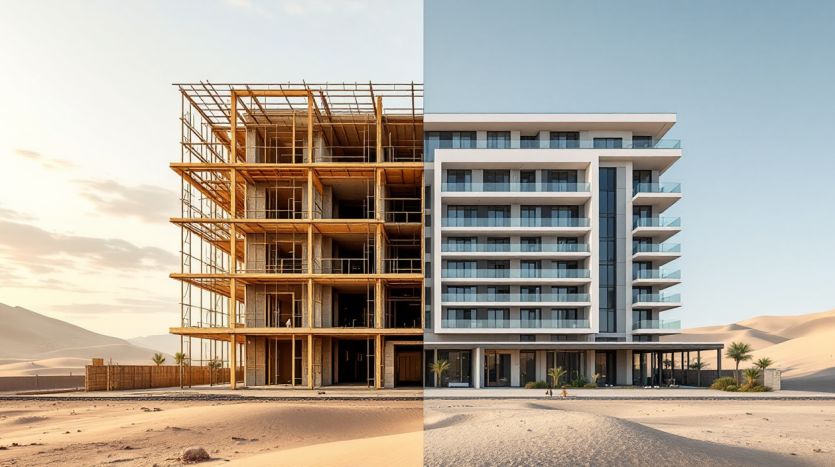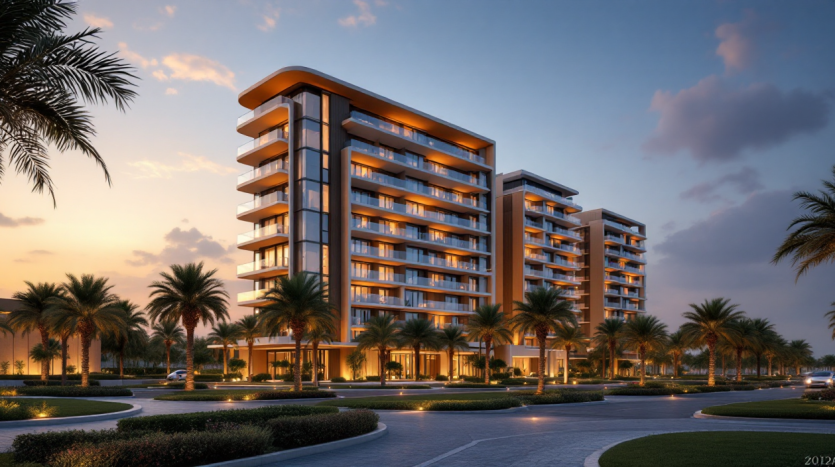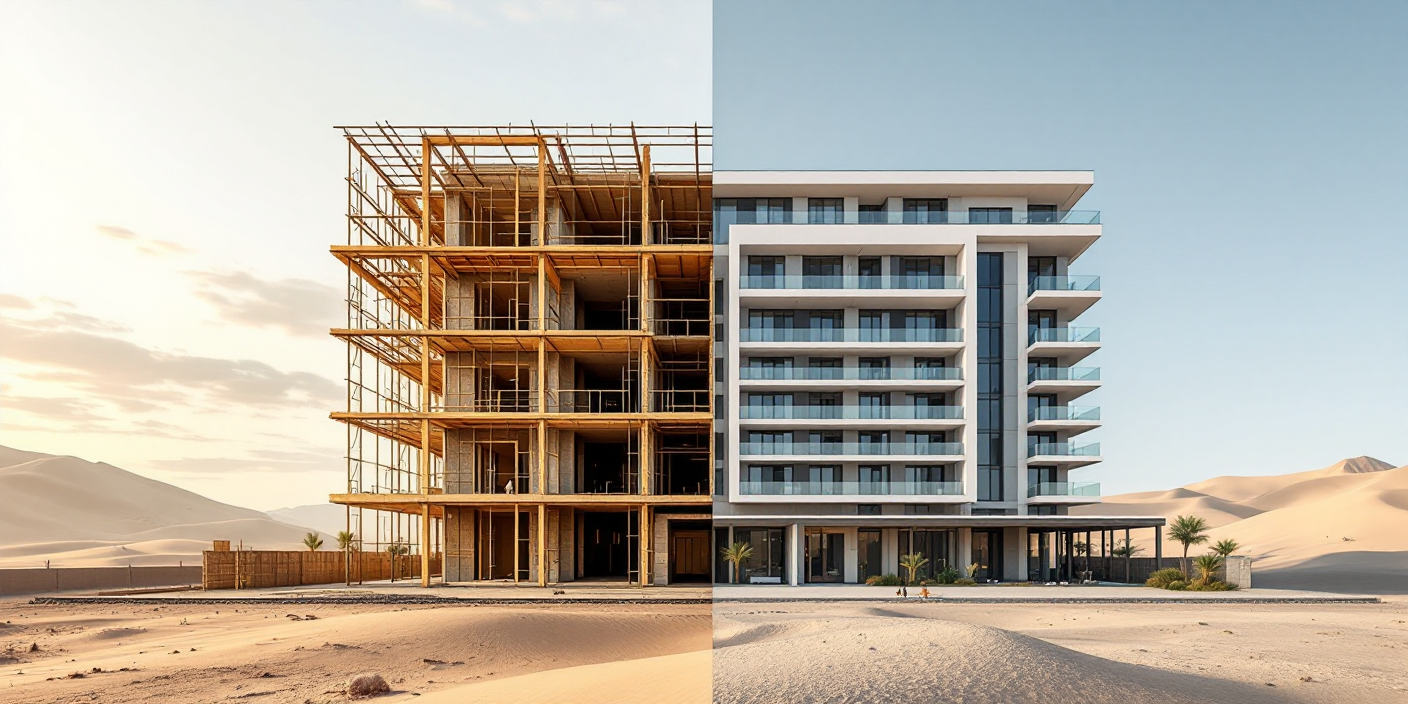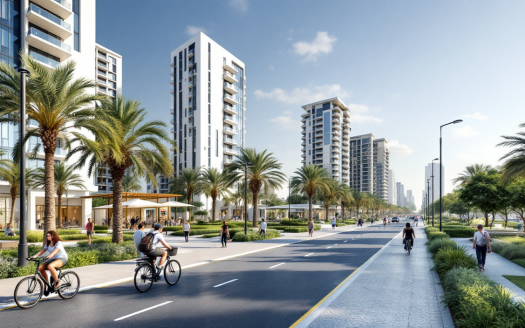
Off-Plan vs Ready in Dubai: Which Builds Wealth Faster?
Dubai’s real estate market offers two established investment models: off-plan and ready property. Both are supported by clear regulations, consistent demand, and a maturing investor base. What separates them is the timeline of returns, capital deployment strategy, and the investor’s appetite for flexibility or control.
Choosing between off-plan and ready properties is not a matter of which is objectively better. The right choice depends on an investor’s financial objectives, risk profile, and investment horizon.
Off-Plan: High Growth Potential, Lower Capital Outlay
Off-plan properties allow investors to purchase real estate at current prices with payment plans that extend over 2 to 4 years. Typically, buyers pay 10% to 20% at booking, with the remaining balance linked to construction milestones or deferred until handover.
This delayed capital commitment offers a unique leverage advantage. While the asset is appreciating, the investor’s cash remains partially deployed. According to Dubai Land Department and developer reports, properties in emerging communities have appreciated by 15% to 30% between launch and handover over the last three years.
Consider this example: a buyer invests AED 500,000 as initial capital in an off-plan unit valued at AED 2 million. If the market value increases by AED 500,000 by handover, the investor effectively doubles their equity on the cash deployed, without using financing.
This is the core appeal—high returns on limited capital. Additionally, new properties are backed by a 10-year structural warranty and a 1-year defect liability period, reducing maintenance risk in early years.
However, not all off-plan projects perform equally. Delays, variation in build quality, and liquidity risk at resale must be considered. That’s why off-plan should be limited to developers with a consistent delivery record and zones with infrastructure already underway.
Ready Property: Stable Returns and Predictable Income
Ready units offer immediate utility and income generation. In Dubai’s current environment, net yields on well-located ready properties range from 6% to 7% annually, according to Bayut and Property Finder data for 2025. These returns are attractive when compared to regional and international benchmarks.
The key strength of ready units lies in certainty. You know the finish quality, the exact location, and market rent. These assets are also mortgage-eligible from day one, allowing investors to unlock financing and improve cash-on-cash returns.
With no build or delivery risk, ready properties are often favored by investors seeking stable income or deploying institutional capital. They’re also easier to manage for those looking to enter the rental market quickly or hedge against inflation through consistent rental flows.
Moreover, the transaction cycle is shorter. You can evaluate, acquire, and start earning within weeks. This appeals to investors operating on shorter timelines or needing income within the current financial year.
Timing, Not Product, Drives Performance
Each strategy carries its own strengths. Off-plan has historically outperformed in appreciating markets where buyers enter early in the cycle. Ready assets outperform when rental demand is high and capital preservation is the goal.
The most common mistake is mismatch. Selling off-plan in a weak resale window, or buying ready in an oversupplied zone, reduces total returns. Successful investors don’t just select projects—they align their entries and exits with cycle dynamics.
For example, holding an off-plan unit into the first year after handover may dilute gains due to registration costs, furnishing expenses, and temporary rental softening. Likewise, buying a ready unit with weak leasing demand ties up capital with lower yield than forecasted.
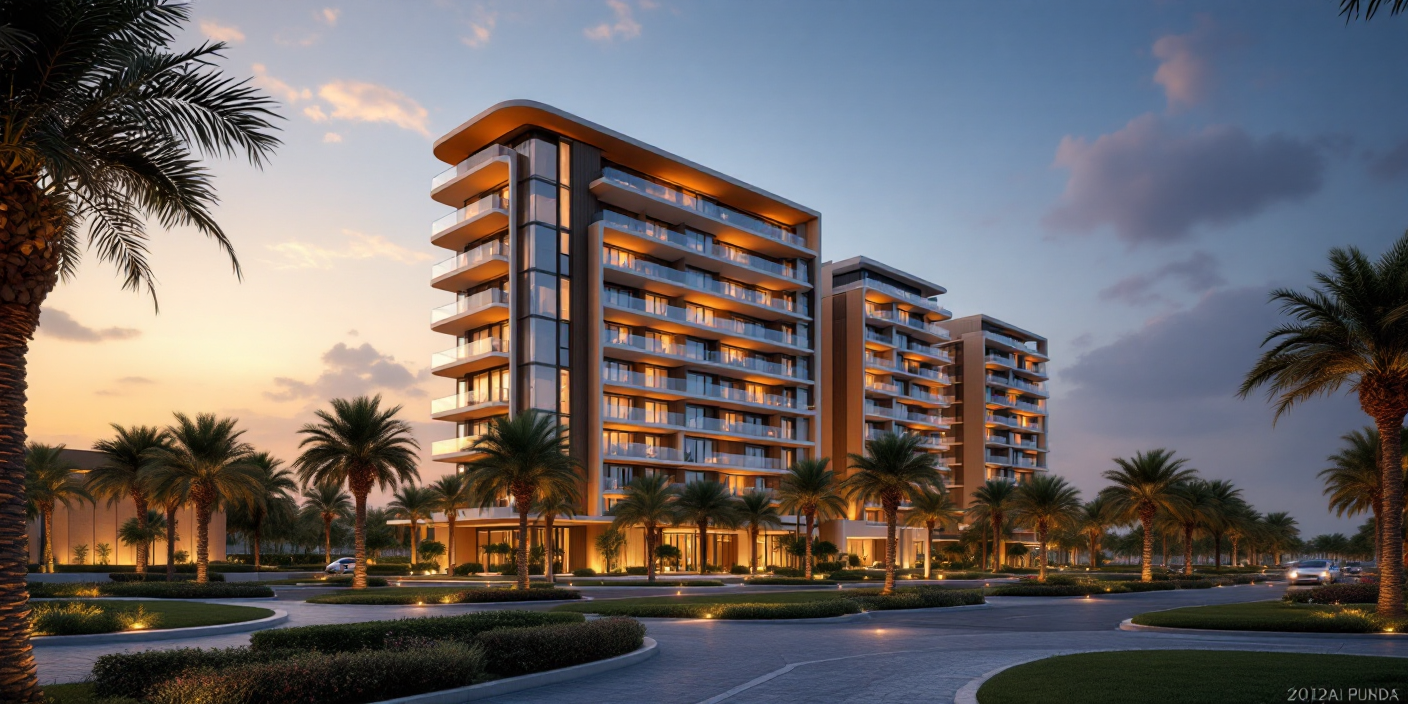 Strategic Summary
Strategic Summary
- Off-plan: For growth-focused investors who can wait 3–5 years, tolerate some delivery risk, and want to maximize ROI on limited capital.
- Ready: For investors seeking cash flow, capital security, and faster income visibility.
A blended strategy is increasingly popular. Allocating a portion of capital to off-plan for long-term equity growth, while anchoring returns with a ready unit for income and refinancing leverage. Ultimately, Dubai’s real estate market offers real flexibility—but clarity is essential. Know what your capital is expected to do, over what timeframe, and under what market conditions.
Sources:
Khaleej Times – How to invest in off-plan property
Gulf News – Ready vs Off-plan Property in Dubai
Arabian Business – Dubai property market trends
Bayut – Rental yield data 2025



